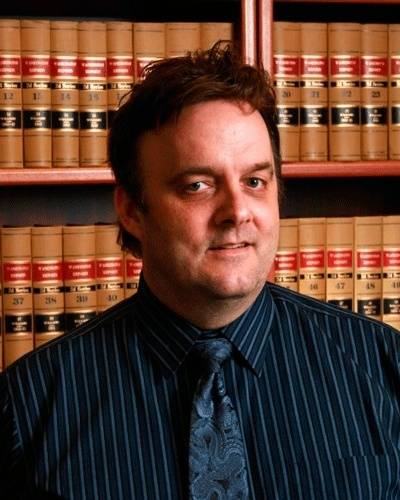A new approach to criminal sentencing hopes to reduce incarceration and recidivism rates for nonviolent offenders in Snoqualmie.
A community court program, which begins Aug. 5 at the Issaquah Municipal Courthouse, focuses on providing resources for defendants and marginalized groups to treat underlying conditions that may lead to criminal activity.
“I haven’t heard anything but enthusiasm for this program,” Snoqualmie Mayor Matt Larson said at the June 28 city council meeting. “This greatly serves our community.”
Every Thursday, with the exception of one week each month, the courthouse in Issaquah, which handles misdemeanor crimes from Snoqualmie, will serve as a community court. Each week the court will bring representatives from the Department of Social and Health Services, addiction treatment centers, Veterans Affairs and others to the connect with defendants.
“What we’re doing is providing a meeting point for the service and the people they serve,” said N. Scott Stewart, municipal court judge for Snoqualmie. “Rather than do the traditional conviction, we look at the resources folks need and make those resources accessible.”
Community courts emphasize alternative responses for defendants convicted of misdemeanor or nonviolent crimes. Some misdemeanor crimes include trespassing, disorderly conduct, theft, some drug charges and sleeping in a park.
In a typical misdemeanor case, if a defendant is convicted, they are brought back once a month until they have met the terms of their sentence. However, in community court, defendants are initially brought back once a week to examine their progress. Assuming they are progressing, the frequency of their visits gradually reduces over time.
“The traditional court model is punitive,” Stewart said. “The community court is reward based, finding different ways to reward positive behavior.”
To be selected for community court, a defense attorney can approach a prosecutor and suggest their defendant might benefit from treatment. The prosecutor is then allowed to decide if the defendant can opt-in for community court. Although not every defendant will be selected or eligible, anyone (including those without a court case) can come to the courthouse and meet with resource representatives.
The program is not expected to cost the city much, if any, additional funding, Stewart said.
“Lots of resources we are looking at are already available,” he said. “DSHS for example, there’s no cost to bring DSHS in, they’re funded by the state. What we’re doing is providing a meeting point.”
In 2018, the Center for Court Innovation, in partnership with the U.S. Department of Justice, chose four cities to serve as initial community courts. These courts included Dallas, Olympia, Spokane and Orange County.
According to the Center for Court Innovation, this sentencing approach has led to a reduction in crimes and an increase in public trust. Data from the Olympia court has found 86% of graduates from community court have not committed new crimes. Olympia has also seen a 15% decrease in its jail population since adopting the program.
King County already has four Community Courts in Auburn, Burien, Redmond and Shoreline.
Stewart said he expects the Snoqualmie court to be effective. Over the past decade, the Issaquah courthouse has been using a similar approach to treat those with heroin addictions. Stewart said they became concerned when a number of young people were coming in with heroin issues, and the court began bringing defendants in on a weekly basis to help with recovery.
“We had a number of success stories. Using resources already available in the community, and then using the court with constant contact, it was an effective treatment,” Stewart said. “Community court just expands on that.”


